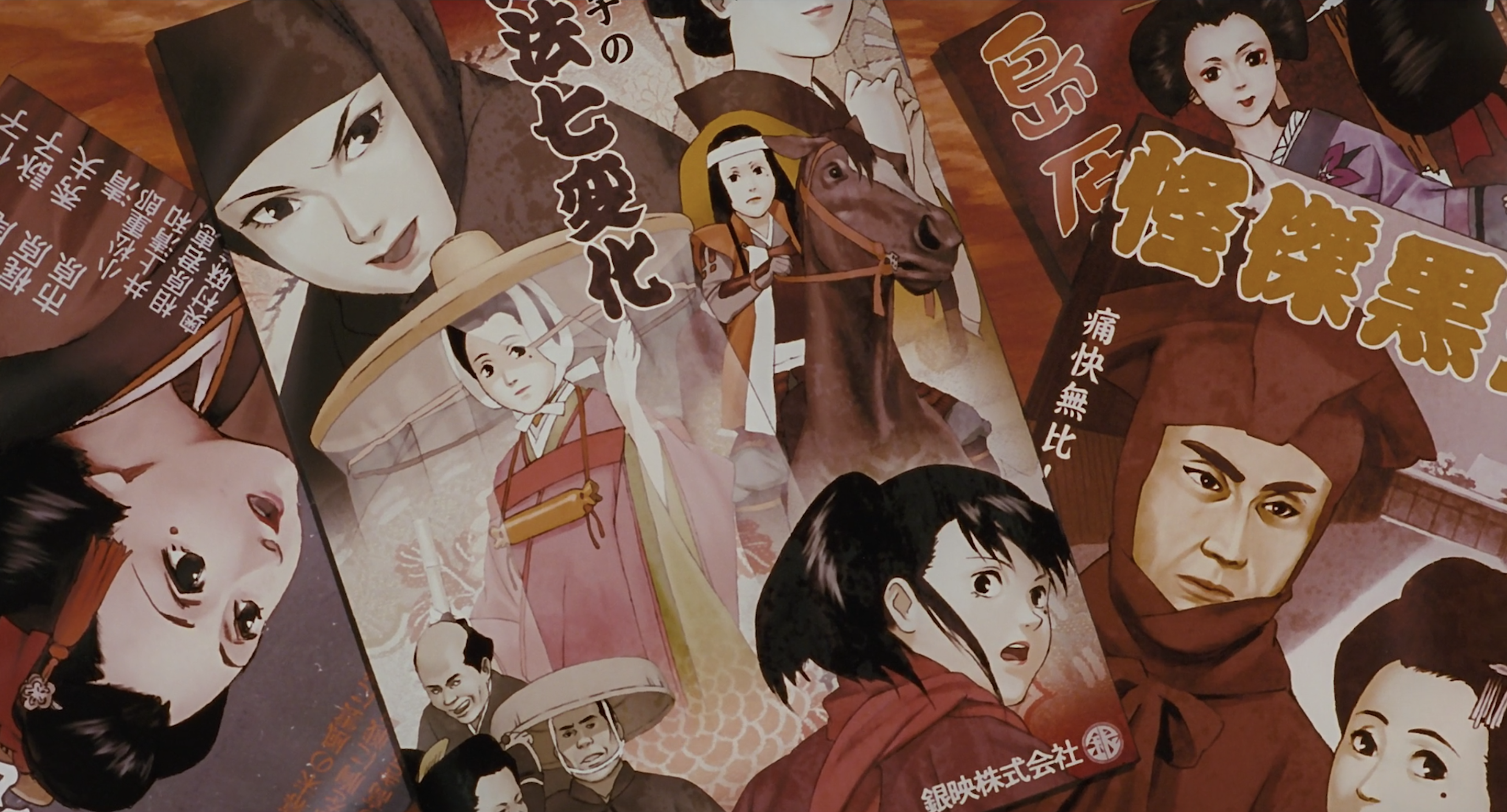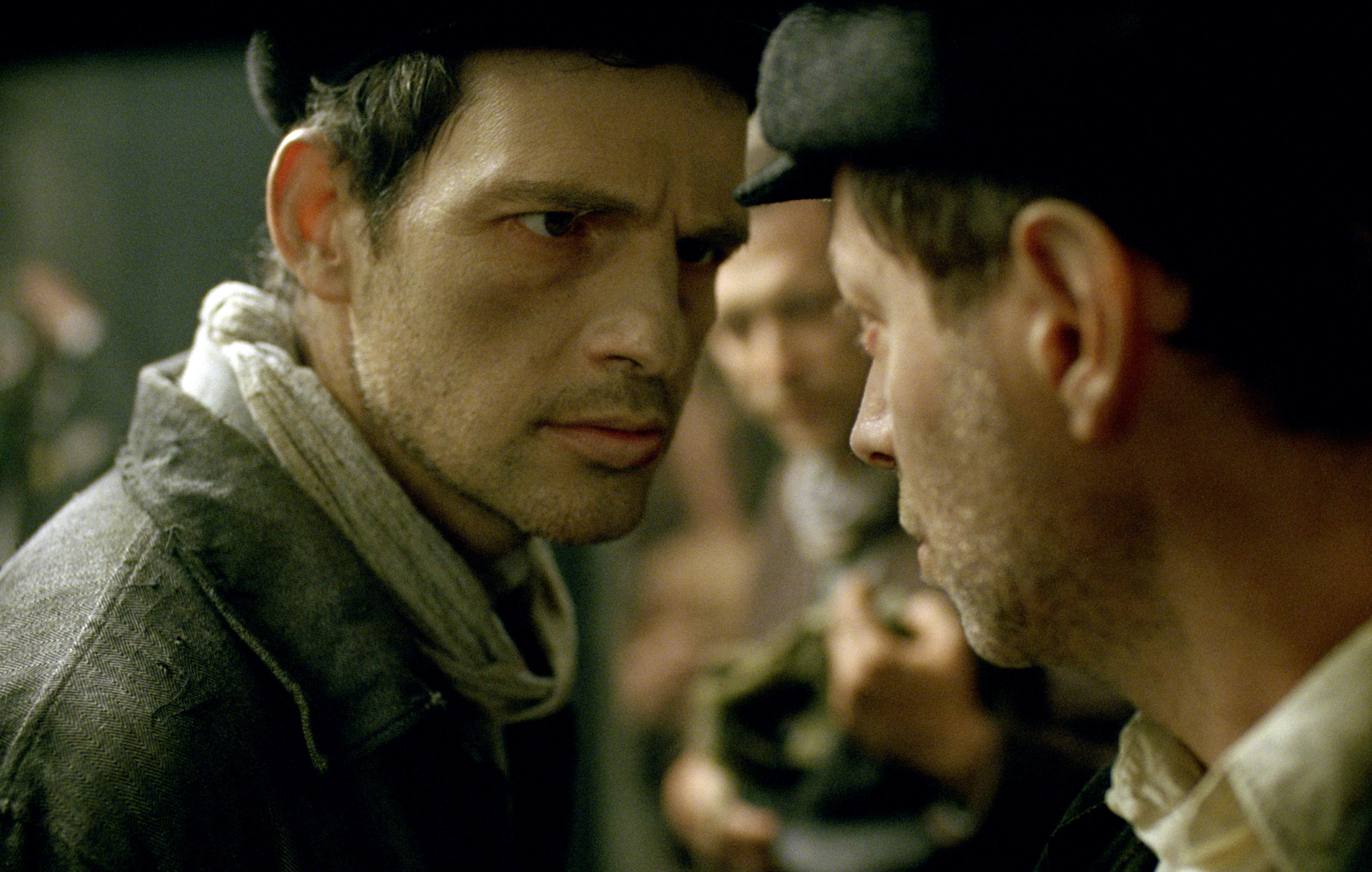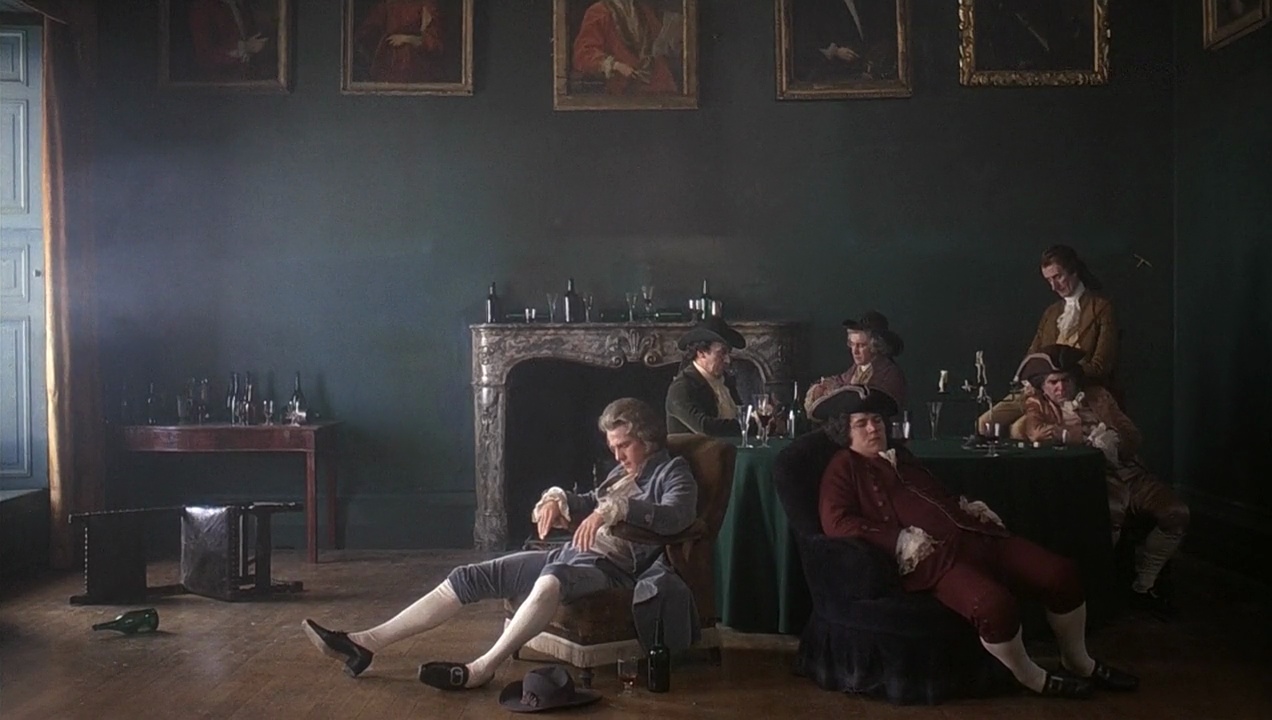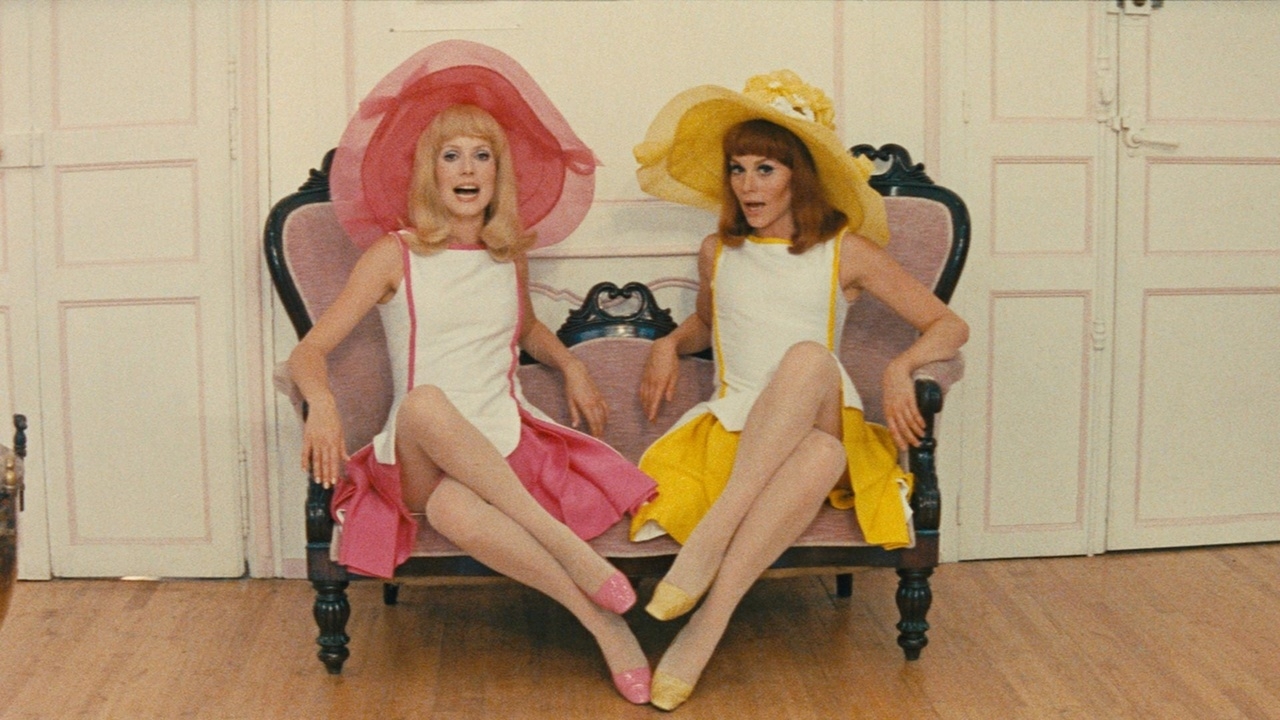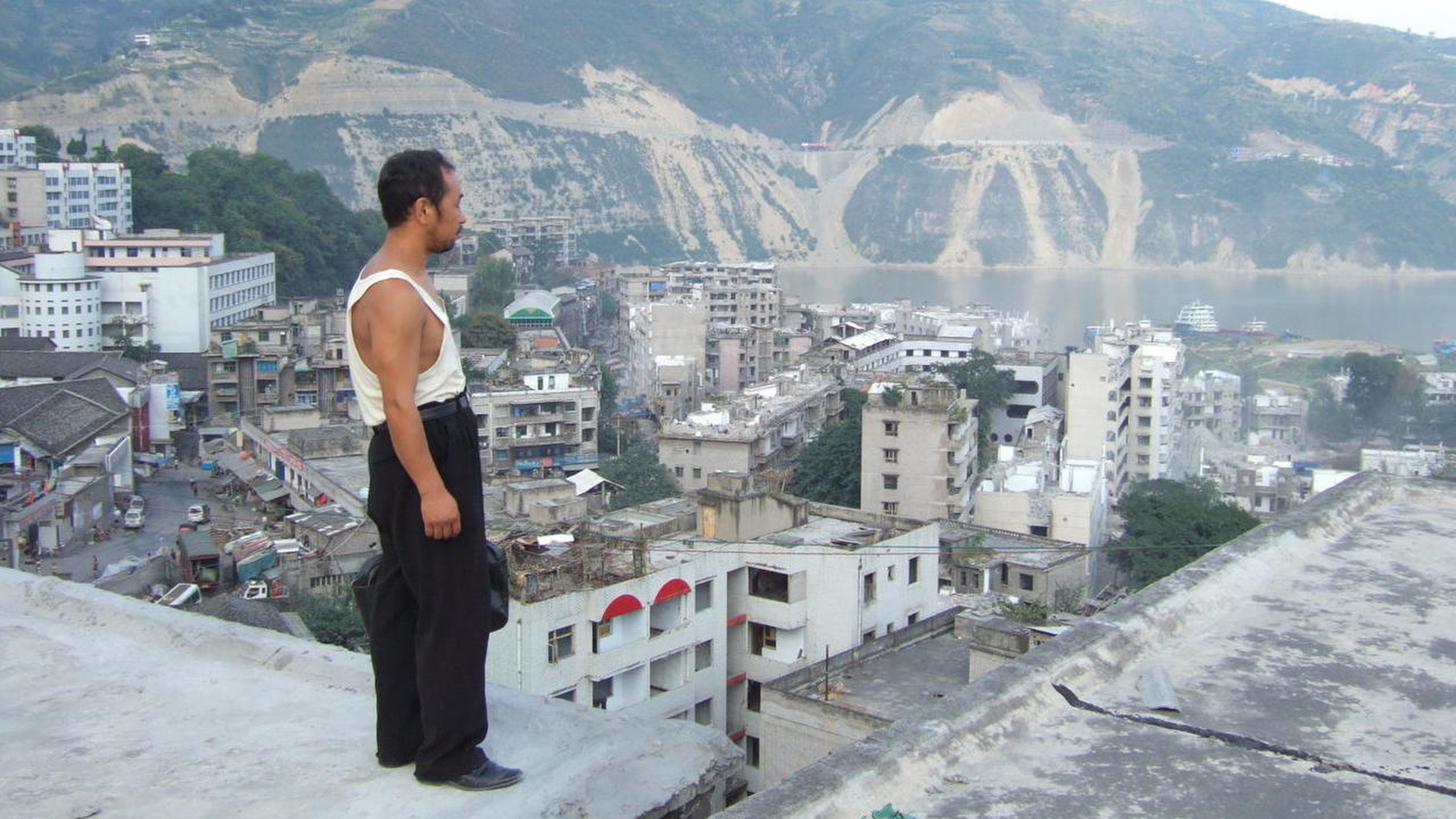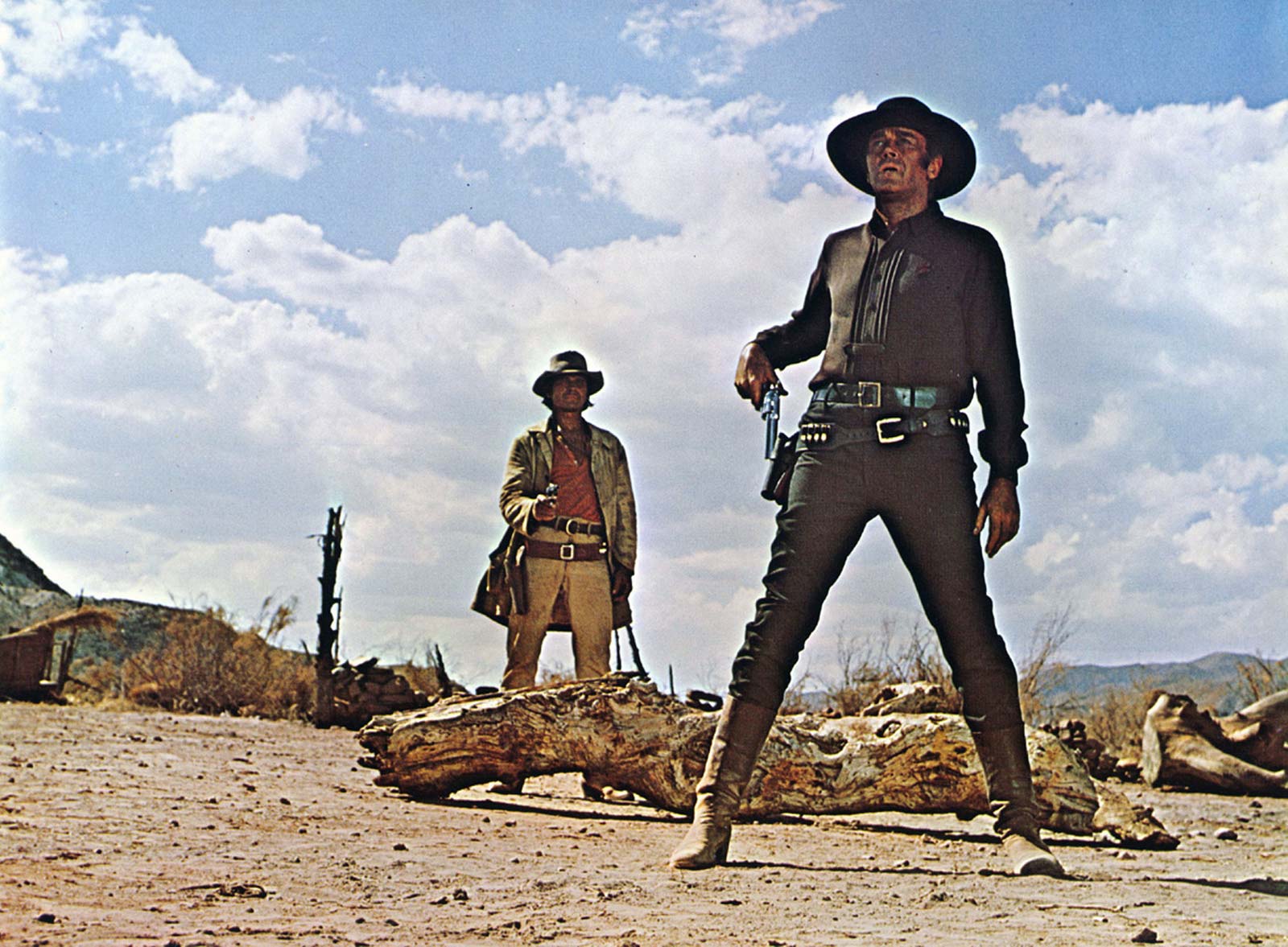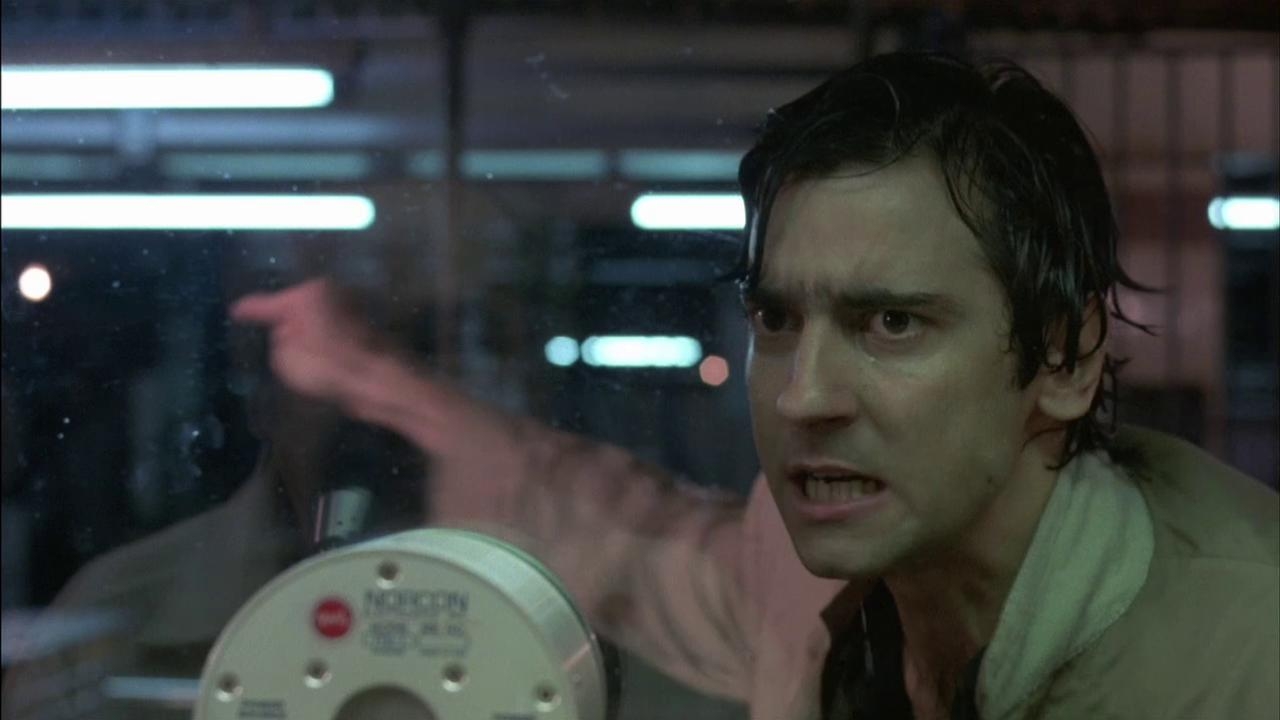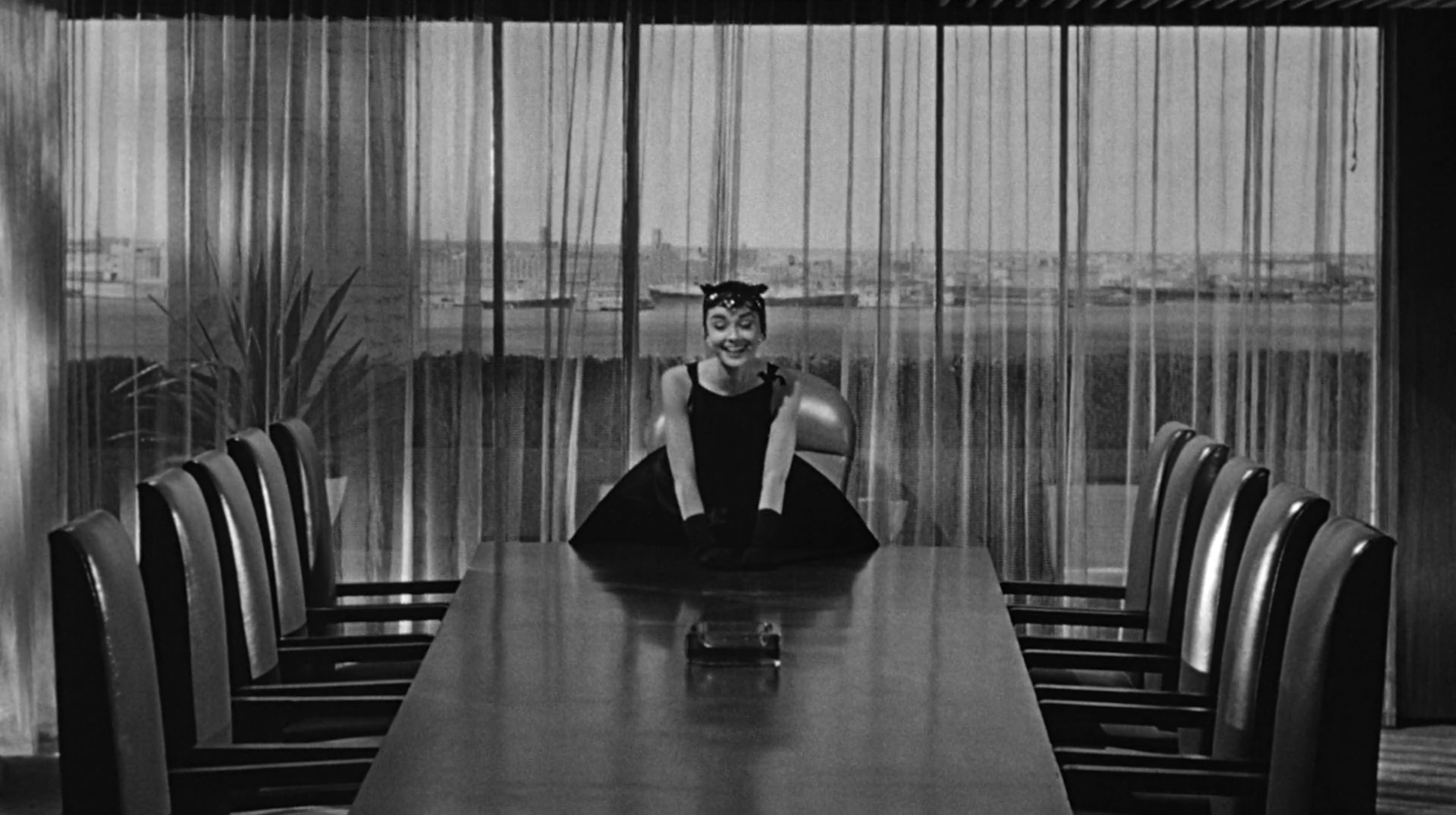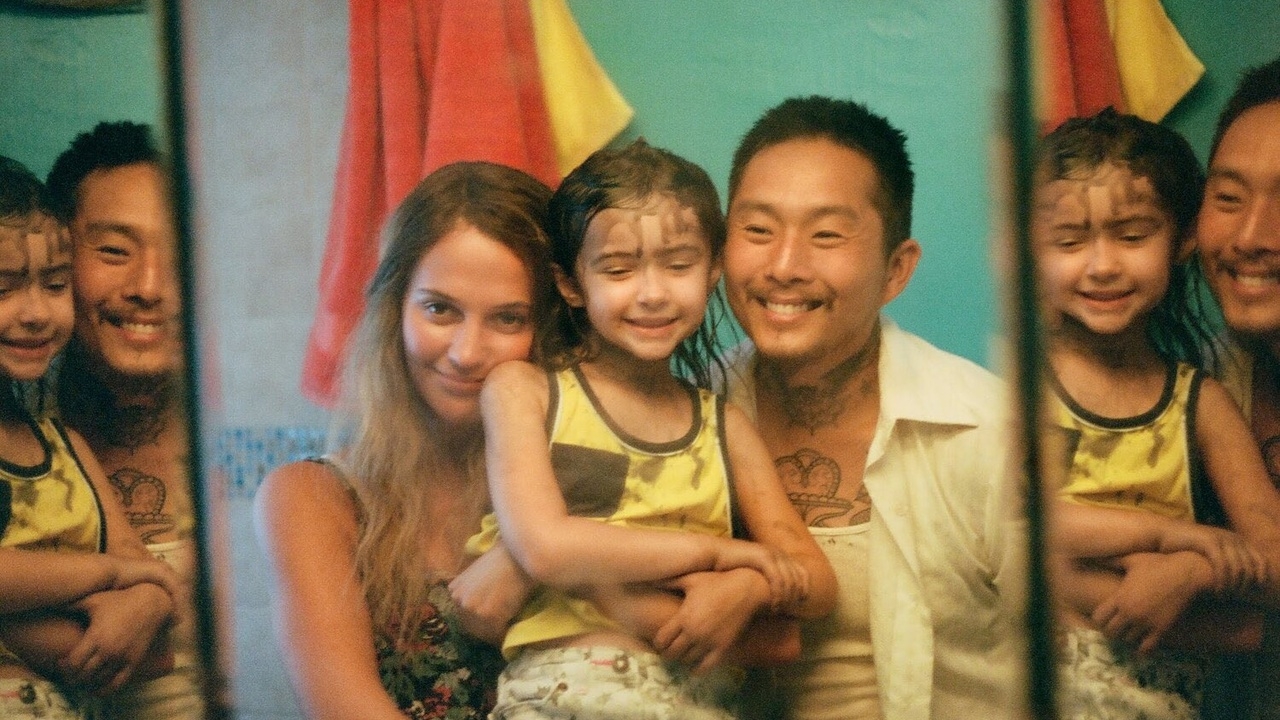His Girl Friday (1940)
There may be screwball comedies that can match His Girl Friday in sheer narrative lunacy, but Howard Hawks’ satirical take on the newspaper industry stands unparalleled in its breakneck pacing which, when combined with its rhythmic, rattling screenplay and the verbal gifts of Cary Grant and Rosalind Russell, becomes an accelerating effort to keep outdoing its own hysteria.


